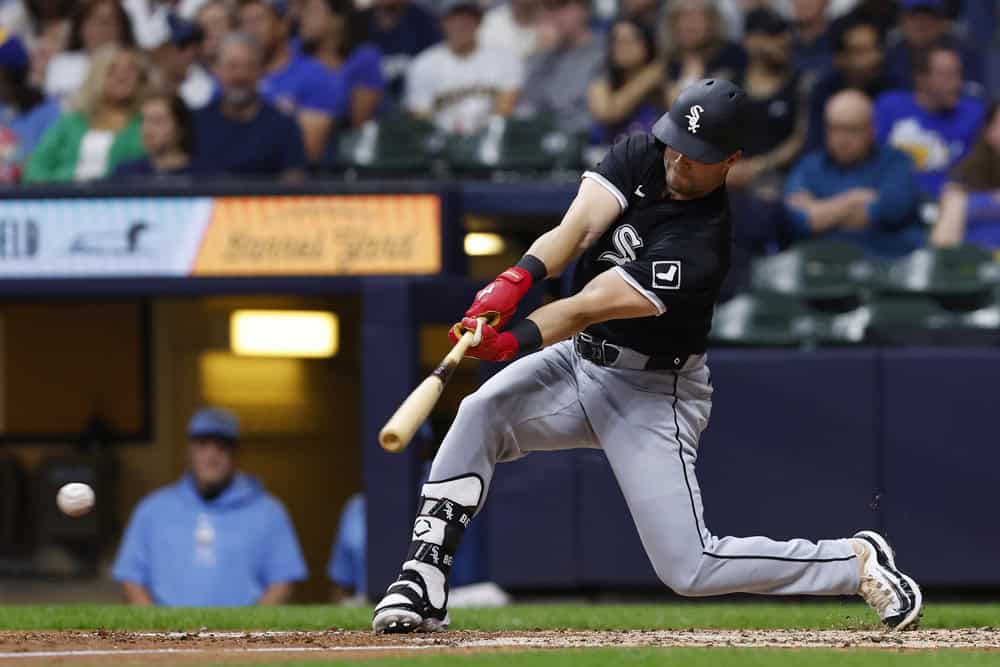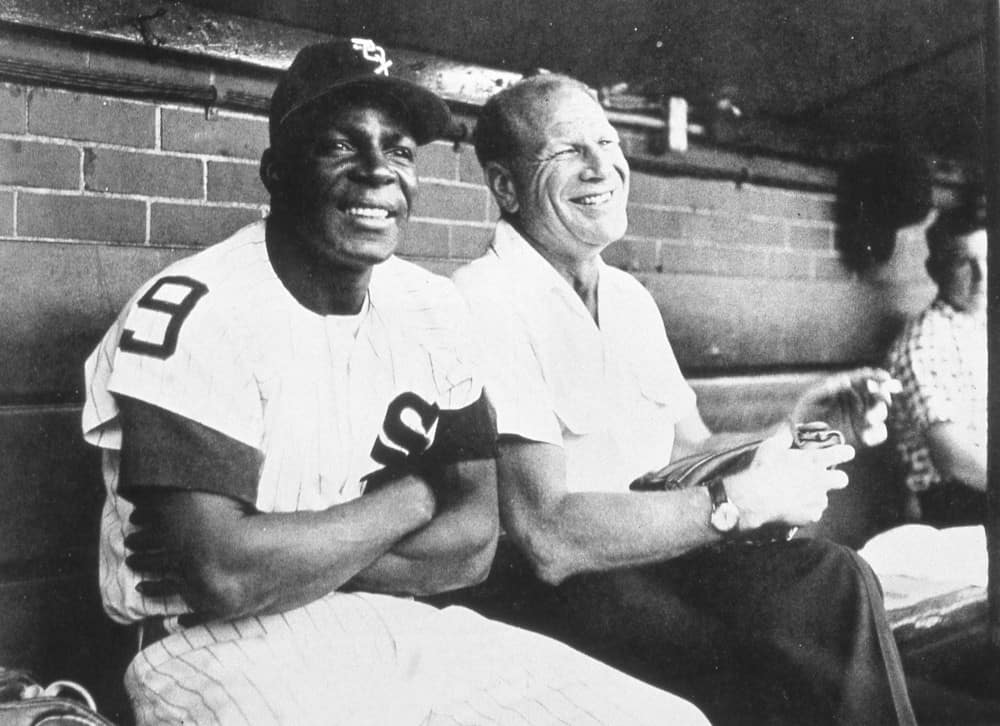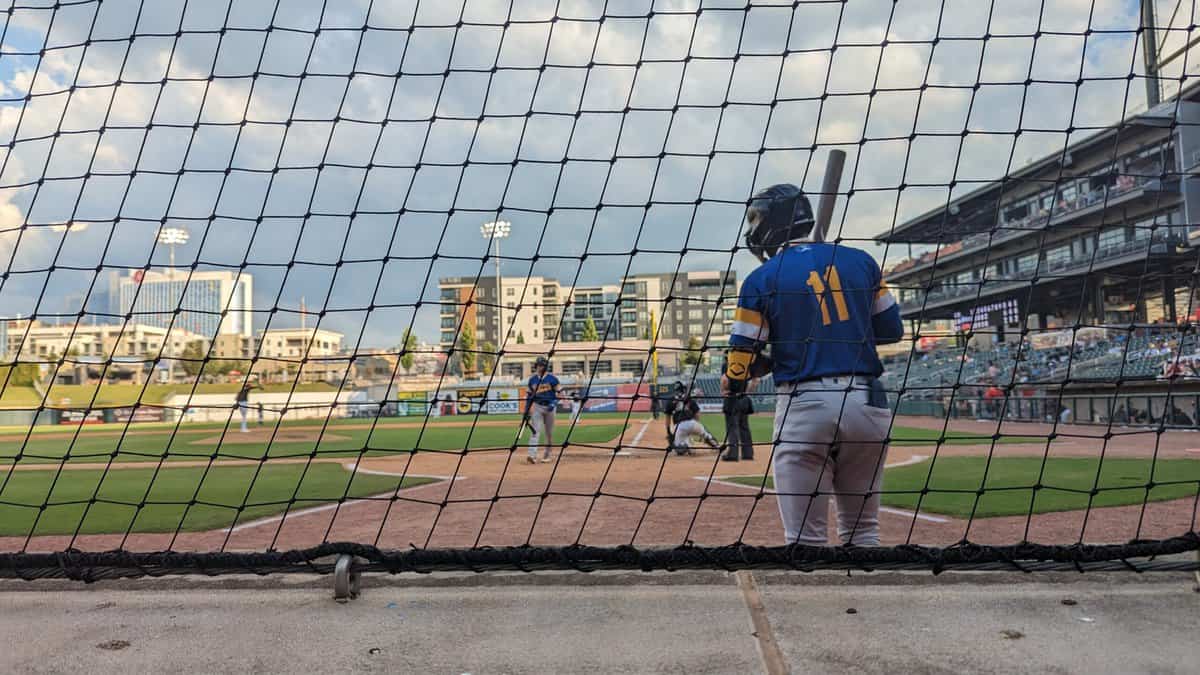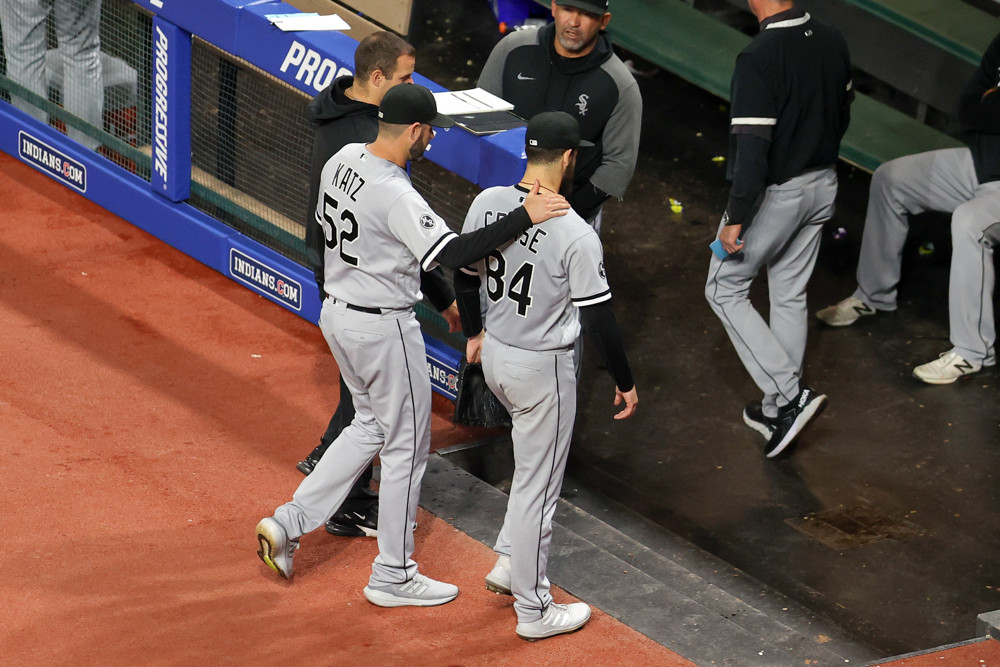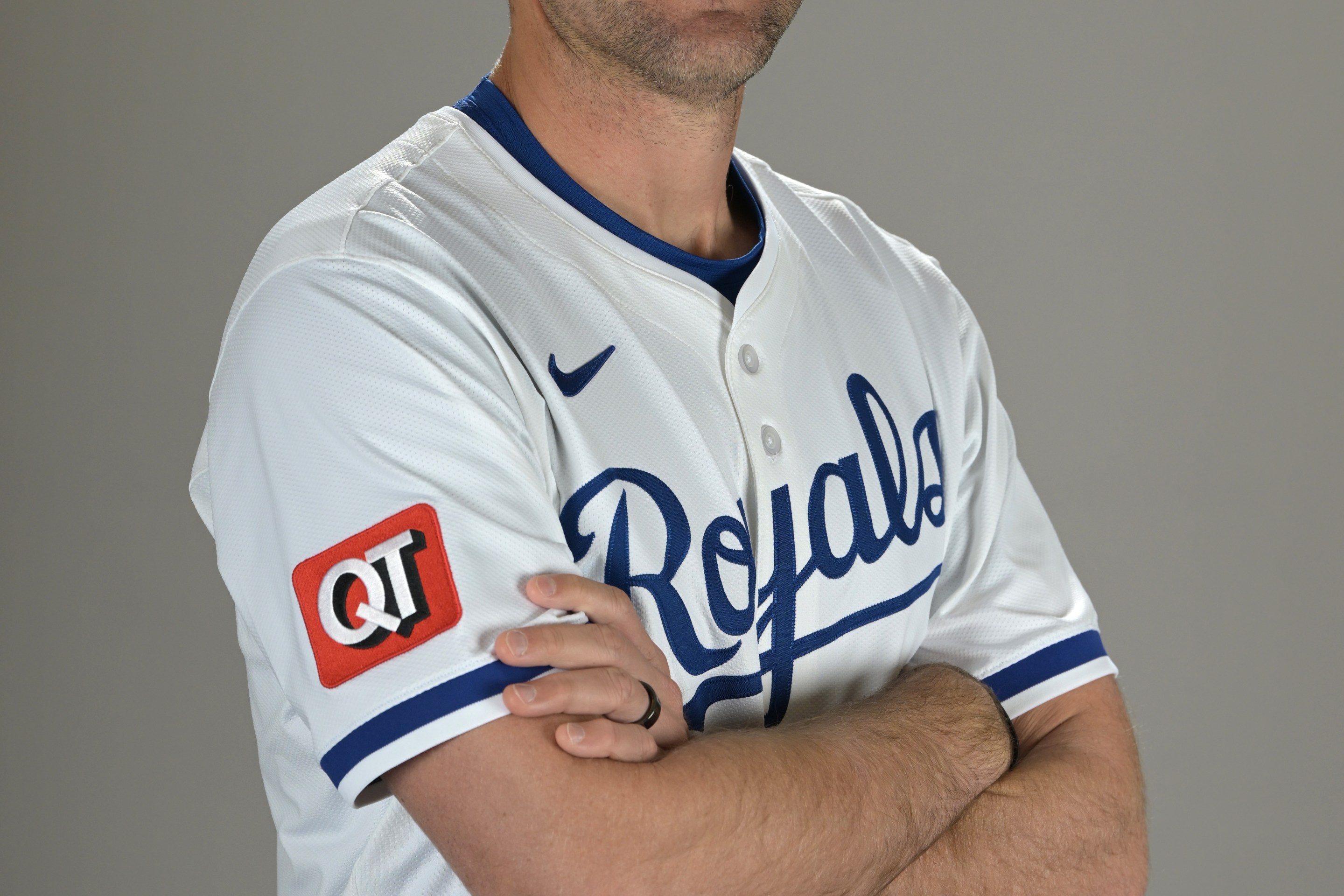If you ever have the misfortune of coming face to face with an avalanche, the first thing to do is thrash and flail your arms and legs in hopes of pushing above the onrush of snow as much as possible.
Assuming you still manage to get buried, you're then advised to create a pocket in front of your face -- first to breathe, and then to spit or drool in order to see which way gravity takes it. You might have no other way of knowing which way is up, and that'll tell you which way to direct your efforts. These steps sound, small, silly and hopeless in response to a mountain's fury, but they're literally the best things you can do to improve your chances of survival.
I began confirming my avalanche survival knowledge after Andrew Benintendi told reporters -- including our James Fegan -- that he'd been dealing with Achilles tendon discomfort for seven weeks, give or take, before finally succumbing to the injured list on Sunday, because it came just a few days after Pedro Grifol said that reducing Benintendi's playing time in any meaningful way, shape or form after two months of struggles would be rash and ill-advised.
“You can get creative with some stuff but you also can’t overreact to a couple months of baseball,” Grifol said. “When you’ve done something for such a long time and you’ve done it consistently, two months of baseball, two months of facing adversity is not going to force me to overreact on anything. I’m not going to do that. I believe in these guys. I believe in their ability. I’ve seen what they can do on the field and I’m not going to overreact to 150, 160 at-bats.”
As I wrote on Thursday, this was a patronizing way to describe doing nothing in response to a crisis, and halfway into the three-game set with Milwaukee, he started suffering the consequences. It's not a matter of life or death, which is fortunate when the White Sox are exactly a Konami Code's worth of losses under .500, but when we're talking about keeping or losing a job, this feels like the kind of thing that should accelerate the end.
Grifol, Benintendi and the White Sox couldn't have avoided this problem entirely because it happened right after spring training, but its festering is an example of the costs the White Sox have incurred because Grifol doesn't, won't or can't enforce basic standards for veterans.
Benintendi's the least productive regular in baseball. He's been so for weeks, and he's a notable negative in all facets of the game. The season before, he was a bottom-10 qualified position player because he'd struggled to get past the broken hamate that cut short the 2022 season that landed him the $75 million contract from the Sox. There's precedent of him playing through injuries without drawing attention to it, just as there's precedent for a lack of reward for doing so.
While Grifol said that Benintendi hadn't told him how much his Achilles was bothering him ...
“There’s some times I would pass by him and say, ‘How you feeling?’ [and he replied] ‘Great,’ and then [he’d] go out there and play,” Grifol said. “You say you can play, he plays. And if he performs, he performs. And if he doesn’t, he’s not going to blame it on something else. Which is a great makeup, a great character.”
... it shouldn't have even come to that. He should've started seeing it in the sub-.500 OPS and the fielding metrics that call him the fourth-worst defender in baseball, because Benintendi said the injury affected his jumps more than his swing. You can wave away a slump as bad luck, but when one mistake follows another in the field, there's an opportunity to press the player into why so many plays are going unmade. It can start under the guise of "help us help you," shifting to "don't make us help us" if the struggles and denials continue.
By doing nothing until the player finally surrendered to tendinitis, Grifol loses credibility for handling other situations. Once you see the way he misread Benintendi's struggles, why would you believe him with Martín Maldonado, or Andrew Vaughn?
Of course, Vaughn's situation may be tabled due to a sprained finger, which thankfully only dates back to Wednesday, not March. He looks ticketed for the IL barring some sort of abrupt turnaround, which would remove him from meritocratic arguments for at least a week.
But if Vaughn returns to the lineup and continues to struggle, the Detroit Tigers have provided a potential course of action by optioning former first-overall pick Spencer Torkelson to Triple-A Toledo.
Coming off a season where he hit 31 homers amid persistent issues, Torkelson has been a major disappointment, and a big reason why the Tigers have spent most of the year languishing slightly below .500. The team finally made the decision after Torkelson fell into a 3-for-37 slump, but even with the nosedive, his numbers are still largely equal to Vaughn's.
| Player | PA | AVG/OBP/SLG | wRC+ | bWAR | fWAR |
|---|---|---|---|---|---|
| Vaughn | 220 | .199/.264/.313 | 66 | -0.7 | -0.8 |
| Torkelson | 230 | .201/.266/.330 | 71 | -1.1 | -0.7 |
The Tigers have immediate aspirations and a worthwhile prospect to audition in Justyn Henry-Malloy, while the White Sox are the worst team in baseball and lack compelling, healthy alternatives on the 40-man roster. As long as Zach Remillard has a roster spot, it's probably not worth devising scenarios for optioning Vaughn.
Still, Detroit's decision with Torkelson is there to show that it's possible. A.J. Hinch found a way to display discontent before actions were taken, even if he didn't have immediate answers.
Before Sunday's game, manager A.J. Hinch suggested Torkelson could be demoted to Triple-A Toledo because of performance issues after not playing him in two of the four games at Fenway Park.
"I don't know," Hinch said before Sunday's game. "I knew I was going to get asked the question when he sits two out of three days. We haven't talked a ton about things like that this morning. We're trying to find a way to win the game today. That's the No. 1 important thing."
It's too late for Grifol to realize the value of saying what you mean instead of what sounds the best, but as Chris Getz thinks about his next manager, "What will he do if a fixture has a .500 OPS?" is one of the first questions to consider. It seems to come up a lot.
